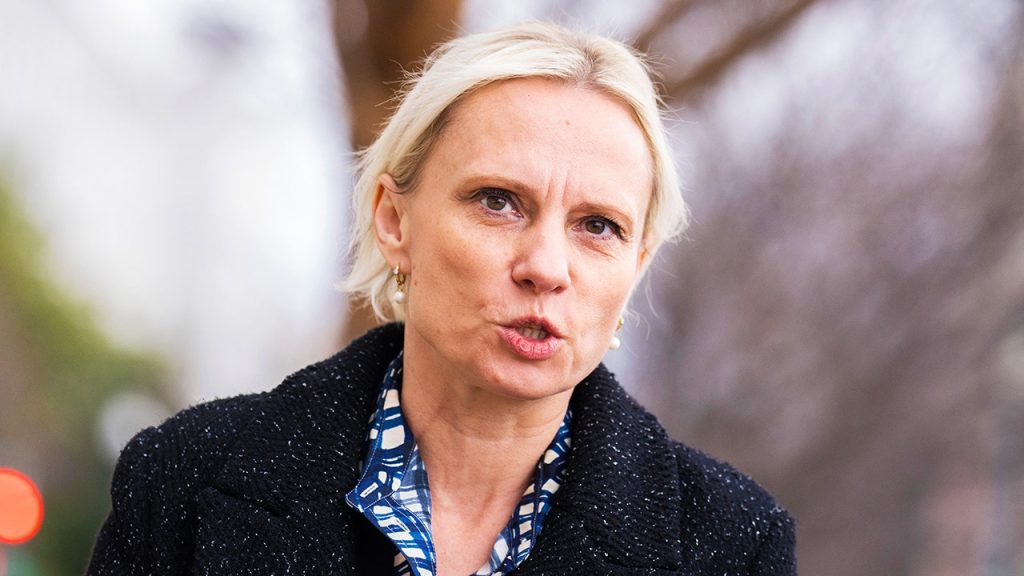Representative Victoria Spartz of Indiana, a Republican serving in the 118th Congress, has announced a significant departure from traditional House GOP activities, signaling a shift in her focus towards supporting the Department of Government Efficiency (DOGE), an initiative aimed at streamlining government operations and reducing spending. This move represents a notable break from established congressional norms and reflects Spartz’s growing frustration with the current Republican leadership in the House. She has stated her intention to reject committee assignments and abstain from weekly GOP conference meetings, opting instead to dedicate her efforts to advancing DOGE’s agenda. This decision underscores a deeper conflict within the Republican party regarding fiscal responsibility and the role of government.
Spartz’s declaration comes on the heels of increased Republican interest in DOGE, an advisory panel originally commissioned by then President-elect Donald Trump. Comprised of prominent figures like Elon Musk and Vivek Ramaswamy, DOGE has garnered significant attention for its focus on fiscal conservatism and government reform. Spartz’s alignment with DOGE suggests a growing faction within the Republican party that prioritizes fiscal constraint and efficiency over traditional legislative processes. Her decision to prioritize DOGE over her committee assignments reflects a broader debate within the GOP about the party’s direction and its approach to governance.
Spartz’s criticism of the House GOP leadership centers on what she perceives as a lack of commitment to fiscal responsibility and effective governance. Her public statements indicate a belief that the current leadership is not adequately addressing the nation’s fiscal challenges and that her time is better spent contributing to DOGE’s efforts to streamline government operations and reduce spending. This critique aligns with a broader conservative concern about the growth of government spending and the increasing national debt. Spartz’s actions represent a tangible manifestation of this concern and signal a potential shift in focus within the Republican party.
The timing of Spartz’s announcement, just before the inaugural meeting of the Congressional DOGE Caucus, further emphasizes the growing influence of this initiative within the Republican party. Her decision to forgo traditional congressional duties in favor of supporting DOGE underscores the potential for this initiative to become a significant force within the GOP’s policy agenda. The formation of a dedicated caucus indicates a growing momentum behind DOGE’s mission and suggests a potential realignment of priorities within the Republican party.
Spartz’s actions raise important questions about the future direction of the Republican party and the balance of power within Congress. Her decision to prioritize DOGE over traditional legislative processes highlights a growing tension between established norms and emerging priorities within the GOP. This tension reflects a broader debate within the party about the role of government, the importance of fiscal responsibility, and the most effective strategies for achieving these goals. Spartz’s move may embolden other fiscally conservative Republicans to challenge the current leadership and prioritize initiatives like DOGE, potentially reshaping the party’s policy agenda.
The implications of Spartz’s decision extend beyond the internal dynamics of the Republican party and have the potential to impact the broader political landscape. Her focus on government efficiency and fiscal responsibility resonates with a significant segment of the electorate and could influence the national conversation about government spending and the role of government in the economy. Spartz’s actions could serve as a catalyst for increased scrutiny of government programs and spending, potentially leading to greater pressure on both parties to address the nation’s fiscal challenges. The emergence of DOGE and Spartz’s support for it could significantly impact the political debate in the coming years, particularly as the national debt continues to rise and concerns about government spending intensify.

